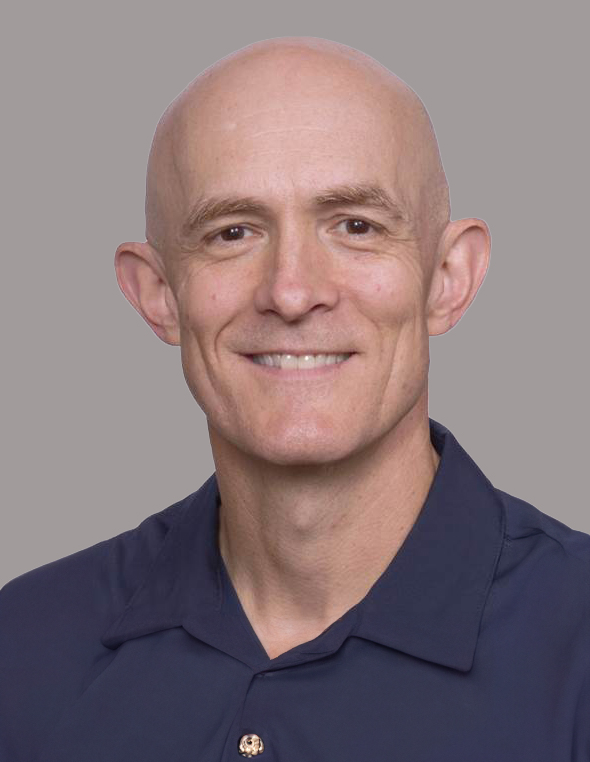Why sports physicals are necessary

Important things to keep in mind for your young athletes
If your kids are healthy, do they really need a sports physical?
Actually, yes. According to a PeaceHealth doctor who has worked with Olympic-level athletes, a regular check-up can give you and your young athlete peace of mind…not just for a season, but for life.
“About 90 percent of the time, we don’t find anything that would be of concern during a physical,” said Kevin deWeber, MD, a family and sports medicine physician in Vancouver, Washington. However, those few check-ups that do reveal problems are potentially life-saving and that alone makes them more than worth doing.
“Sports physicals are needed to make sure athletes compete safely — for their own health — and for the health of others,” said Dr. deWeber.
Heart murmurs or hidden heart disorders are sometimes found during physicals. A few more-common conditions physicians see that might limit a student’s physical activities include asthma, allergies and high blood pressure.
What to expect
For anyone who hasn’t been through a sports physical before, here’s what you can expect:
The most important part for the parent is filling out the form. The first page of the national standardized form covers the young person’s health history and the second page is for recording the student’s vitals and exam results. “We can’t legally do the exam without a form signed by the child’s parent or guardian,” said Dr. deWeber.
Sports physicals typically take 15 minutes. Students getting their physicals at the school gym or venues outside of a clinic can expect to spend about 30 minutes total with about 10 minutes spent with a doctor for the actual exam. The rest of the time is spent getting blood pressure, height, weight and vision checked.
The physical exam covers essentials such as general appearance, eyes/ears/nose/throat, lungs and heart, abdomen, and the musculoskeletal system (joints, bones, muscles, etc.). The doctor will examine the athlete’s neck, back and various joint systems for range of motion and strength.
Depending on the sport your child intends to play, the doctor might pay closer attention to certain areas. “I’ll focus on the feet or ankles of a runner,” explained Dr. deWeber. For kids in baseball and other throwing sports, the focus might be on arms or shoulders.
Physicals offered in school gyms are convenient, but Dr. deWeber believes “the best place for sports physicals is your own doctor’s office because they’ll have your shot records and other information that can be verified. It’s also easier to take care of other health questions beyond the scope of a physical.”
Honesty is the best policy
Honesty is the best policy at all times, but especially when it comes to physicals. Throughout his career, Dr. deWeber has seen some athletes try to compete despite injuries.
“I was working a professional martial arts event once and one of the athletes lied on the screening form,” he said, “He looked ashen and pale and was running a fever. I had to cancel his fight. He wasn’t happy with me, but it was for his own good.”
With pre-participation physicals, a doctor can choose from three options:
- Cleared for all sports without restriction. This means the young person can participate in either all sports—or in the sport or activity requested. Consider it a “green light.” These are usually valid for 2 years.
- Cleared for all sports without restrictions with recommendation for further evaluation or treatment. Dr. deWeber noted that any time a doctor gives what’s essentially a “yellow” light, you can expect to have a clear explanation about next steps. Usually it involves seeing your own doctor for further evaluation.
- Not cleared with one of the following:
- pending further evaluation
- for certain sports (uncommon)
- for any sports (very rare).
“It’s rare that an otherwise healthy young person would not be cleared for any sports, but it does happen,” said Dr. DeWeber. “The more intense the sport — such as football or basketball — the more important it is to get full clearance, especially if your athlete has had a concussion — or more than one.”
If there are potential issues, a doctor might recommend a less intense sport such as tennis, bowling or baseball. Although, there are health risks associated with any kind of sport.
Though most sports physicals are usually good for two years, some programs could require a physical be done annually.
Bottom line, these check-ups are an essential part of helping kids stay healthy — both in the game and out.






